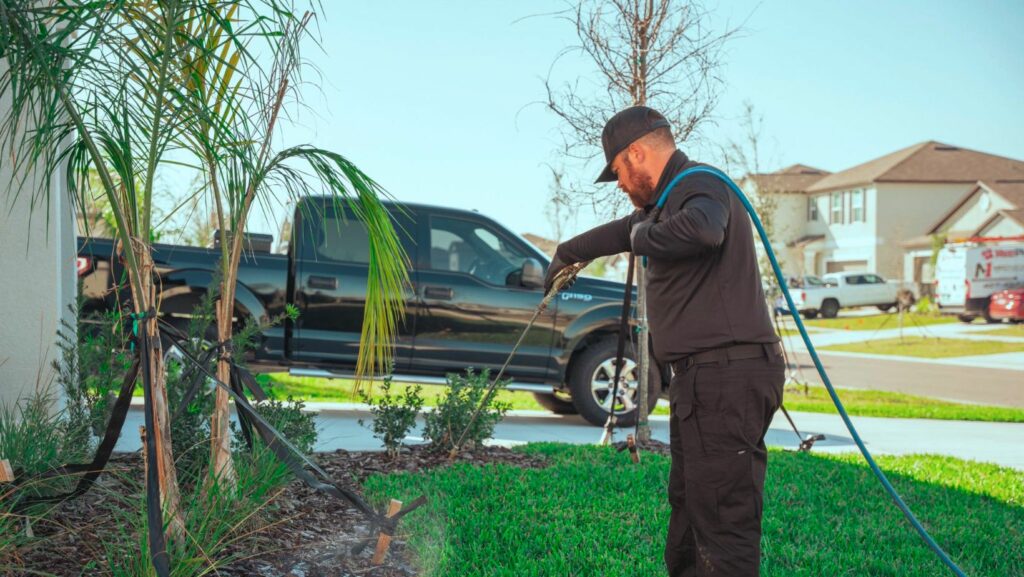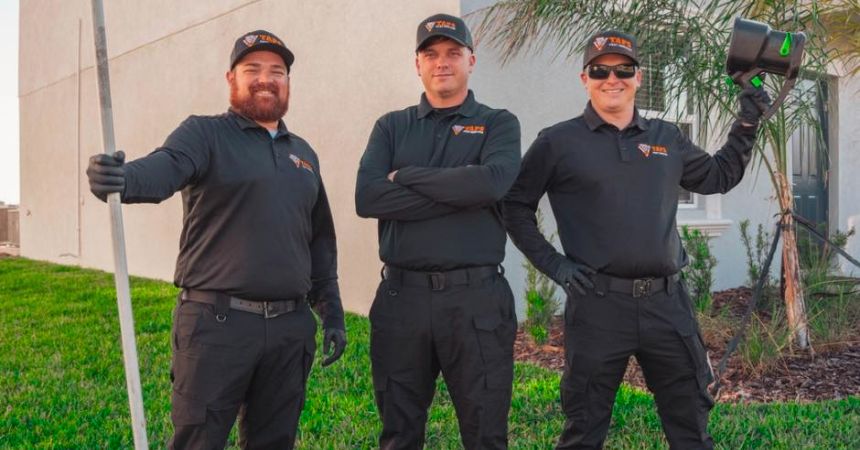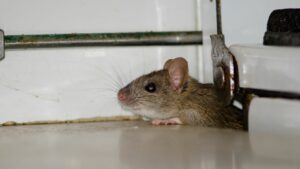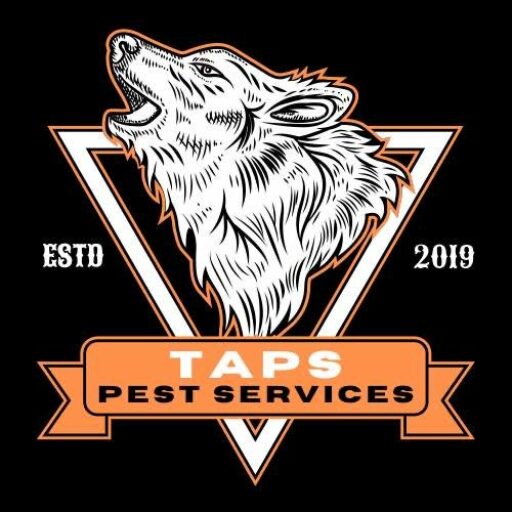Spring Pest Control in Florida: Pest Prevention Tips

Key Takeaways For Our Pest Control Tips
Spring is the prime season for pest activity in Florida, making early prevention essential to avoid infestations of ants, termites, and mosquitoes.
Routine inspections and proactive maintenance—like sealing cracks, clearing standing water, and checking for wood damage—can significantly reduce pest risks.
Ants commonly invade kitchens and bathrooms during spring; keeping surfaces clean and food sealed helps deter them.
Termite swarming season begins in spring, so annual inspections and moisture control are key to protecting your home’s structure.
Mosquito control starts with eliminating breeding grounds like birdbaths, gutters, and yard clutter—early action helps reduce bites and disease risks.

Why Spring Pest Control in Florida Is Crucial
Ignoring early-season prevention can lead to bigger infestations, structural damage, and health hazards later in the year.
Spotlight on Spring Pests in Florida
1. Ants
Prevention Tips:
- Seal cracks in doors and windows
- Store food in airtight containers
- Clean countertops regularly
- Trim bushes and trees away from your house
2. Termites
Signs of Termites:
- Mud tubes near foundations
- Discarded wings on windowsills
- Hollow-sounding wood
Prevention Tips:
- Schedule an annual termite inspection
- Eliminate wood-to-soil contact
- Fix leaks to reduce moisture
- Keep firewood at least 20 feet from your home
3. Mosquitoes
Prevention Tips:
- Eliminate standing water in buckets, birdbaths, and gutters
- Use screens on windows and doors
- Treat outdoor areas with mosquito repellents
- Install fans on patios to keep air moving
Spring Home Pest Inspection Checklist
Use this checklist as your go-to tool this season:
- Check window screens for holes
- Inspect baseboards and entry points for cracks
- Clear debris from your yard and gutters
- Check for signs of nests or droppings
- Look for soft or water-damaged wood
- Keep the lawn mowed and trimmed
- Clean under appliances and behind storage boxes
How Taps Pest Services Can Help
We provide:
- Comprehensive inspections
- Preventive treatments for termites, ants, and mosquitoes
- Eco-friendly, family-safe solutions
- Ongoing monitoring and protection plans
Table of Contents
Additional Resources

Effective Pest Control Tips From Taps Pest Control
Are you tired of dealing with unwelcome visitors like insects and rodents in your home? Pest infestations can quickly turn your space into a stressful environment, especially if they take over areas like the attic or kitchen. In this guide, we will share effective pest control tips to help you keep your kitchen free of pests, ensure bathroom sanitation, and prevent stagnant water accumulation. By following these tips, you can create a healthier and safer home while reducing the risk of future infestations from cockroaches and other pests.

Ultimate Pest Control Tips for Florida Homeowners: How to Stop Infestations Before They Start
Tired of insects, rodents, and pests invading your Florida home? Discover expert pest control tips from Taps Pest Control to stop infestations before they start.

Spring Pest Control in Florida: Pest Prevention Tips
Get ahead of the season with expert spring pest control in Florida. As temperatures rise, so does pest activity—especially ants, termites, and mosquitoes. Learn how to protect your home with inspection tips, prevention checklists, and professional solutions from Taps Pest Services.

Mosquito Control In Florida | Keep Mosquitoes Away From Your Yard This Summer
Mosquitoes are not only an annoyance during warm summer months but also a health hazard. Their bites can spread diseases such as West Nile virus, dengue fever, and other bacterial infections. In Florida, where the warm, humid climate makes the environment ideal for these insects, proper mosquito control is essential—especially for safe outdoor family gatherings, recreational activities, and maintaining pest-free business premises.
Frequently Asked Questions About Spring Pest Control in Florida
Ants are among the most common pests in Florida during spring, along with mosquitoes and termites. These pests become active due to rising temperatures and humidity.
Look for signs like mud tubes, discarded wings, and wood that sounds hollow when tapped. A professional termite inspection is highly recommended in spring.
The earlier, the better. Starting in early spring helps prevent infestations before they escalate.
Yes! Taps Pest Services uses pet- and family-safe solutions. We’ll walk you through everything before treatment.



